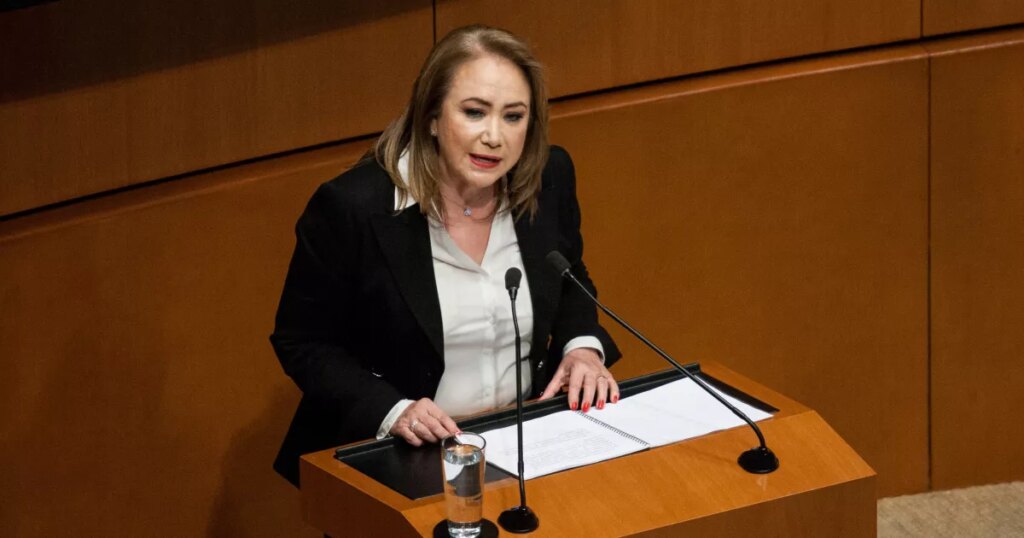Annulling the tax exemption for newly created MSMEs, regardless of whether they arise from a conversion of Self-Employed Workers (TCP) or if they are totally new, is one of the measures announced by the Ministry of Finance and Prices (MFP) arguing the objective of increasing tax collection. However, this measure does not favor the increase in budget revenue, quite the contrary. It constitutes a formidable disincentive for the emergence of new MSMEs starting next year. And it contributes, yes, to the fact that of those that arise, a smaller percentage survive.
As a result, the tax base will not grow at the rate it could, because taxpayers will not grow and, therefore, tax revenues will not increase to their full potential. The MFP prioritizes short-term recruitment, burying the strategic.
The tax argument adduced in support of this measure is technically fragile. However, placed in the context of other measures, such as the unexplained interruption in the rate of approval of new players; price caps without economic grounds applied by several provincial governments; the danger of a discretionary hunt under the imprecise concept of “abusive prices”; statements by senior officials about the need to resume the leading role of the state sector –as if this had diminished for a second)–; official media columnists leading new crusades; points of high interest discussed in the Assembly that were not transmitted… in reality it seems more like a pretext to curb the “threat” implicit in the emergence of new MSMEs.
Does anyone really think that 5,000 small companies are enough for everything that needs to be woven and created in terms of productive chains in Cuba, of which the state sector itself is the main beneficiary? There is no other threat than the very survival of a country.
Another of the measures announced by the MFP, intends to modify the tax base of the tax on sales and services of MSMEs, establishing that it is applied to total wholesale and retail sales, instead of only to retailers, as it was until now. .
This measure, in effect, does broaden the tax base, but it is highly inflationary. Taxing wholesale sales (which would work like VAT) will force each link in the chain to pay taxes on these sales, which will most likely end up transferring it to the price of its component. The accumulated result will be a multiplier effect on many of the prices of final goods and services, both private and state, which is in direct contradiction with the anti-inflationary objectives announced by the Ministry of Economy and Planning (MEP).
Who will really pay that tax? The end consumer. The same one that is paying for the price chaos resulting from a truncated order, and the subsequent inaction of monetary policy. What else is going to be added to the prices?
Once again, a policy with a RENTIST approach prevails over one based on the idea of PROMOTION. But the sources for rent extraction in the prevailing model are already exhausted. Without clear and determined promotion policies we will never get out of the stagflation in which we are submerged, much less aspire to progress in the productive structure.
Without promotion the offer does not grow, without offer there is no remedy with inflation. Without promotion there is no growth in taxpayers, which is the only way to increase -somewhat more than marginally- the tax base and tax revenue. Instead, the National Assembly had to discuss what new incentives should be approved to stimulate prioritized sectors. This is a,b,c.
This issue cannot be forgotten. It constitutes an error. It once again demonstrates inconsistencies in economic policy, the absence of key consensus that must be resolved at once.
If what is sought is to get the country out of this deep economic, political and social crisis, firmness is required in the purpose and scope of this reform, the bases of which were approved by an overwhelming majority of the population, in an unprecedented democratic exercise, structured and ratified later by three Party Congresses.
Now, if the objective is to dig deeper into the ideological trench, regardless of the seriousness of the conditions for the reproduction of material life, regardless of the discredit of the speeches, documents, congresses, institutions, regardless of the severity of the irreversible impacts of the migratory exodus, then there are no problems: the signals sent back are coherent.
Those people who, with that stubborn dogmatism (which does not produce food) still try to kidnap, restrict and repress this reform – threatening and risky, yes, but necessary and urgent; Those who, hidden behind posts or official media, label, stigmatize and misrepresent, in the purest sectarian style, must be confronted. The counter-reformation bids to settle again. It is not permitted. The country is dying. The sad life of queues and shortages that most of our older adults face today cannot be naturalized. That can’t be the future.
Postscript: The US government blockade exists, it has worsened in recent years, it severely strangles the economy, conditions the solution to many of our problems, it is unfair and immoral, it does not even serve its own interests. But, I am not talking here about the blocking that is an exogenous variable, but about how much can be done internally, despite this.

















